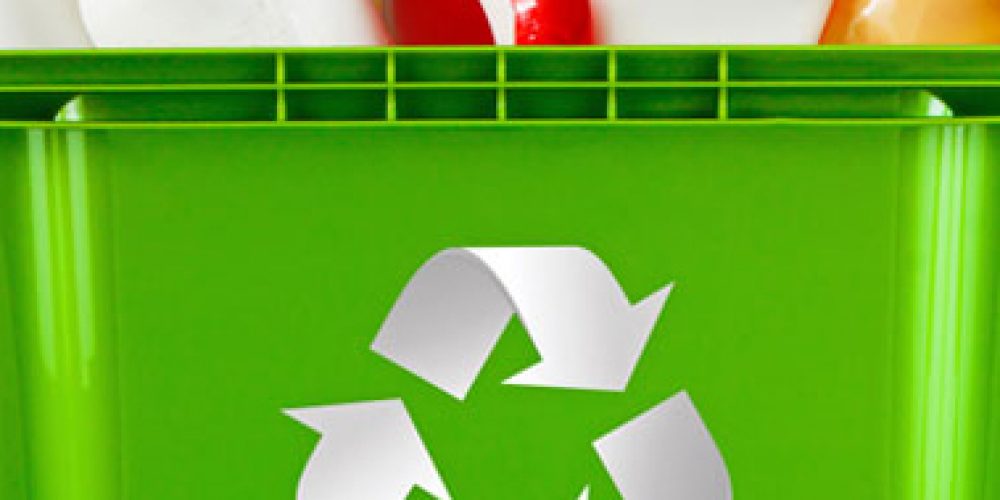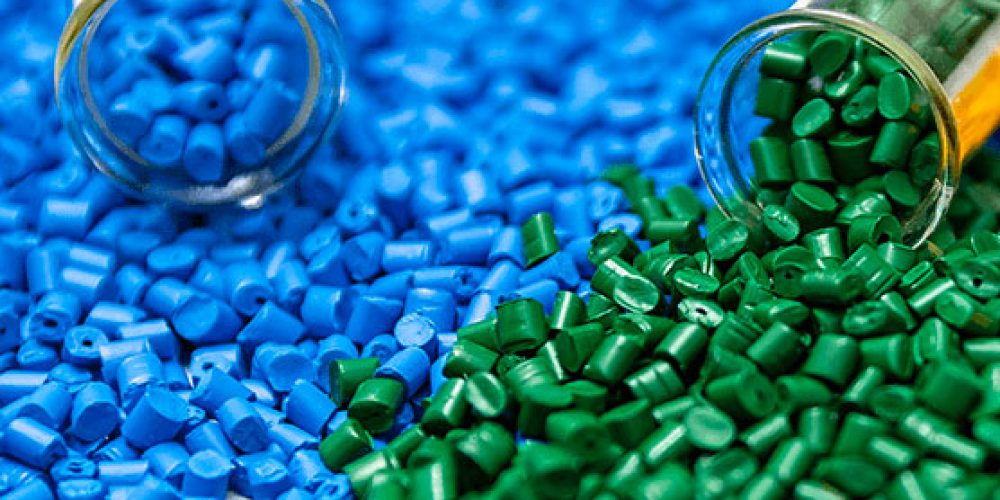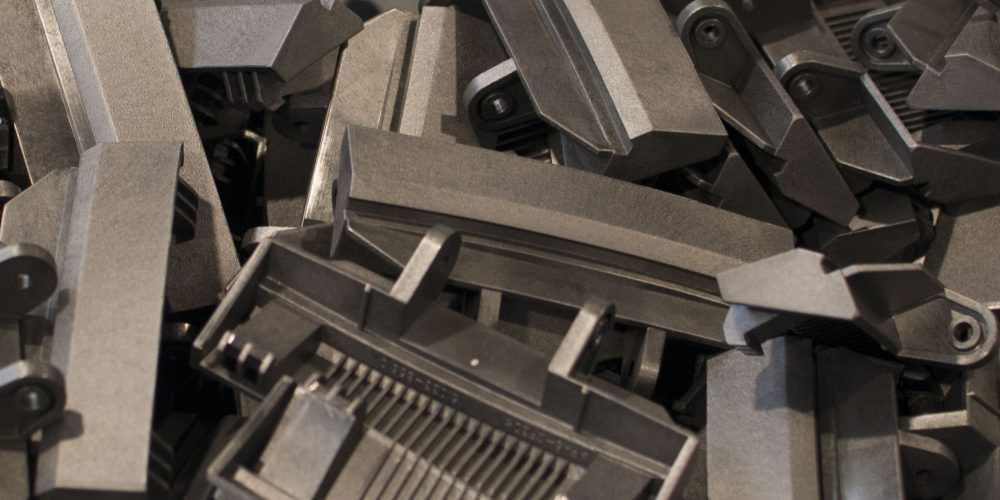MILAN – PlasticsEurope, official spokesman for European plastic manufacturers based in Brussels and representative offices in all 27 EU Member States, analyzed how and how plastic becomes a sustainable resource that helps to efficiently preserve the preserving resources, protecting the climate and improving the quality of life. From domestic use to transport, there are many positive aspects deriving from the use of this material, sometimes even little known. LESS PETROLEUM – According to reports from PlasticsEurope, the production of plastics consumes only a small amount of raw materials. Regarding the use of oil in its construction, the sector uses only 4% of the total production of oil and gas in […]
Plastics commonly mean a wide range of synthetic or semi-synthetic materials that are used in a wide range of applications. Wherever you look, you’ll find plastics. We use plastic products to make our lives cleaner, simpler, safer and more enjoyable. We find plastic in packaging, clothing, buildings, medical devices, cars, smartphones, … Plastics are organic materials, just like wool or wood. The raw materials with which the plastics are produced are natural products such as cellulose, coal, natural gas, salt and, of course, oil. Plastics have become the modern material par excellence because they allow modern needs to be balanced with environmental problems. The term “plastic” comes from the Greek […]
Plastics are extremely versatile materials ideal for a wide range of consumer and industrial applications. The relatively low density of most plastics offers the benefits of lightness to plastic-based products. And, although most are characterized by excellent thermal and electrical insulation properties, some plastics can be good conductors of electricity if required. They are resistant to corrosion by various substances that attack other materials, which makes them durable and suitable for use in harsh environments. Some are transparent, and therefore usable in optical devices. They can be easily shaped into complex shapes, allowing the integration of other materials on plastic products, and making them the ideal solution for a wide […]
MILANO – PlasticsEurope, portavoce ufficiale dei produttori europei di materie plastiche con sede a Bruxelles e rappresentanze in tutti i 27 Stati membri dell’Unione europea, ha analizzato come e in che modo la plastica diventa una risorsa sostenibile che contribuisce a preservare in modo efficiente alla preservazione delle risorse, alla protezione del clima e a migliorare la qualità della vita. Dall’uso domestico ai trasporti, tanti sono gli aspetti positivi derivanti dall’impiego di questo materiale, a volte anche poco conosciuti. MENO PETROLIO – Secondo quanto riportato da PlasticsEurope, la produzione di materie plastiche consuma solo una piccola quantità di materie prime. Per quanto riguarda l’impiego di petrolio nella sua realizzazione, il […]
Con materie plastiche si intende comunemente un’ampia serie di materiali sintetici o semi-sintetici che vengono usati in una vasta gamma di applicazioni. Ovunque guardi, troverai delle materie plastiche. Usiamo prodotti in plastica per far sì che le nostre vite siano più pulite, semplici, sicure e piacevoli. Troviamo plastica in imballaggi, abbigliamento, edifici, dispositivi medici, auto, smartphone, … Le materie plastiche sono materiali organici, proprio come la lana o il legno. Le materie prime con cui vengono prodotte le materie plastiche sono prodotti naturali come cellulosa, carbone, gas naturale, sale e, ovviamente, petrolio. Le materie plastiche sono diventate il materiale moderno per eccellenza perché consentono di bilanciare le esigenze moderne con […]
Le materie plastiche sono materiali estremamente versatili ideali per una vasta gamma di applicazioni di consumo e industriali. La densità relativamente bassa della maggior parte delle materie plastiche offre ai prodotti a base di plastica i vantaggi legati alla leggerezza. E, sebbene la maggior parte sia caratterizzata da proprietà di isolamento termico ed elettrico eccellenti, alcune materie plastiche possono essere buone conduttrici di elettricità se richiesto. Sono resistenti alla corrosione da parte di svariate sostanze che attaccano altri materiali, cosa che le rende durevoli e adatte all’uso in ambienti difficili. Alcune sono trasparenti, e quindi utilizzabili in dispositivi ottici. Possono essere sagomate con facilità in forme complesse, permettendo l’integrazione di […]



